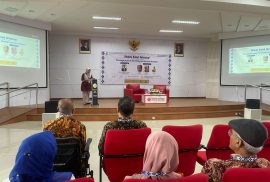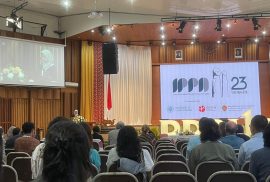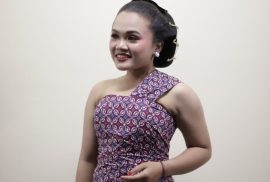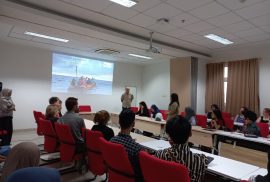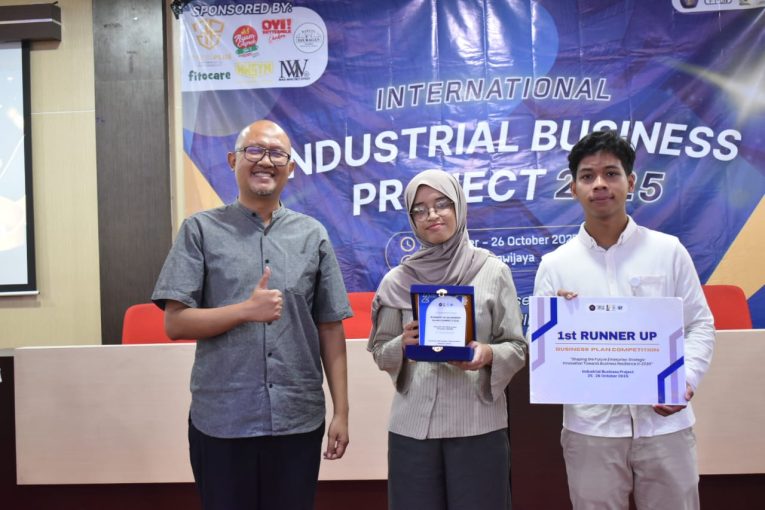
Yogyakarta, November 2025 — Two students from the Department of Archaeology, Faculty of Cultural Sciences, Universitas Gadjah Mada, have once again brought pride to their department through remarkable achievements at the national level. Stefani Adelia Tiurma Mukti and Fauzi Gilang Aldianta, both from the 2023 Archaeology cohort, won awards in prestigious business competitions involving participants from dozens of universities across Indonesia and abroad.
On October 25, 2025, Stefani and Fauzi, along with Haydar Amru Refanda (a 2022 student from the Electronics and Instrumentation Program), won First Runner Up at the Industrial Business Project competition hosted by Universitas Barawijaya. Their project introduced a digital platform to promote a tourism village in Sangiran, an innovative idea combining archaeology and community-based tourism through technology.
Not long after, Stefani continued her success at Techtonic 2.0, held at Universitas Indonesia on November 8, 2025. Collaborating once again with Haydar, she earned Third Winner for their idea on the application of Artificial Intelligence (AI) for predictive modeling in determining excavation sites and artifact analysis. This innovation showcases how archaeology can evolve through the integration of science and technology.
Stefani shared that her interest in joining business competitions stemmed from her desire to explore opportunities beyond academic boundaries. She believes that business competitions offer valuable lessons in strategic thinking, management, and communication that will be useful in her professional journey.
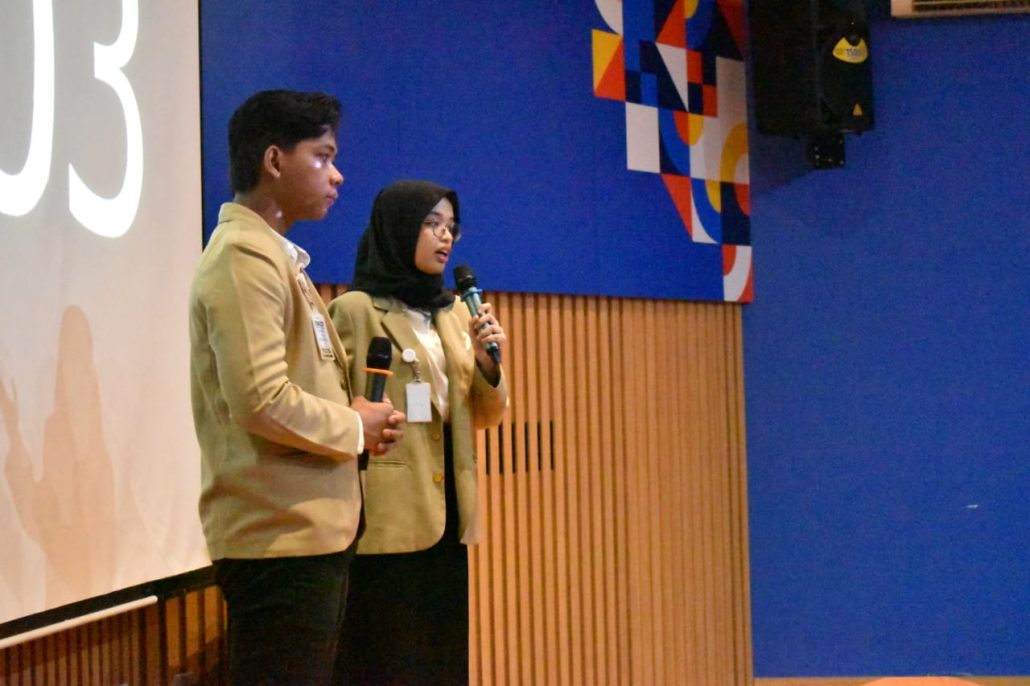
“I want to spend my free time doing something meaningful. If one day I don’t end up working as an archaeologist, at least I already have another skill that can be my stepping stone. Besides, I see a great opportunity in business management that can also be applied to archaeology,” Stefani explained.
Behind her achievements, Stefani admitted that the biggest challenge was managing her time between academic responsibilities and competition preparations. Balancing coursework, research, and developing project proposals required strong discipline and dedication. However, she felt that all her efforts paid off, especially after competing with participants from 34 universities across Indonesia and abroad.
The idea for the Sangiran tourism village emerged from Stefani’s awareness of the area’s local potential. Recognized as a world-renowned prehistoric site, Sangiran holds great promise to be developed into a digitally integrated educational tourism village, which could also contribute to improving local community welfare.
Looking ahead, Stefani hopes that the Sangiran business project will continue to develop, especially since it has already received support from local community groups who are eager to collaborate in promoting their village through technology and education.
The achievements of Stefani and Fauzi prove that archaeology students are not only dedicated to studying the past but are also capable of innovating and adapting to modern developments. Their success highlights how archaeology, technology, and entrepreneurship can go hand in hand to create meaningful impacts on society.

